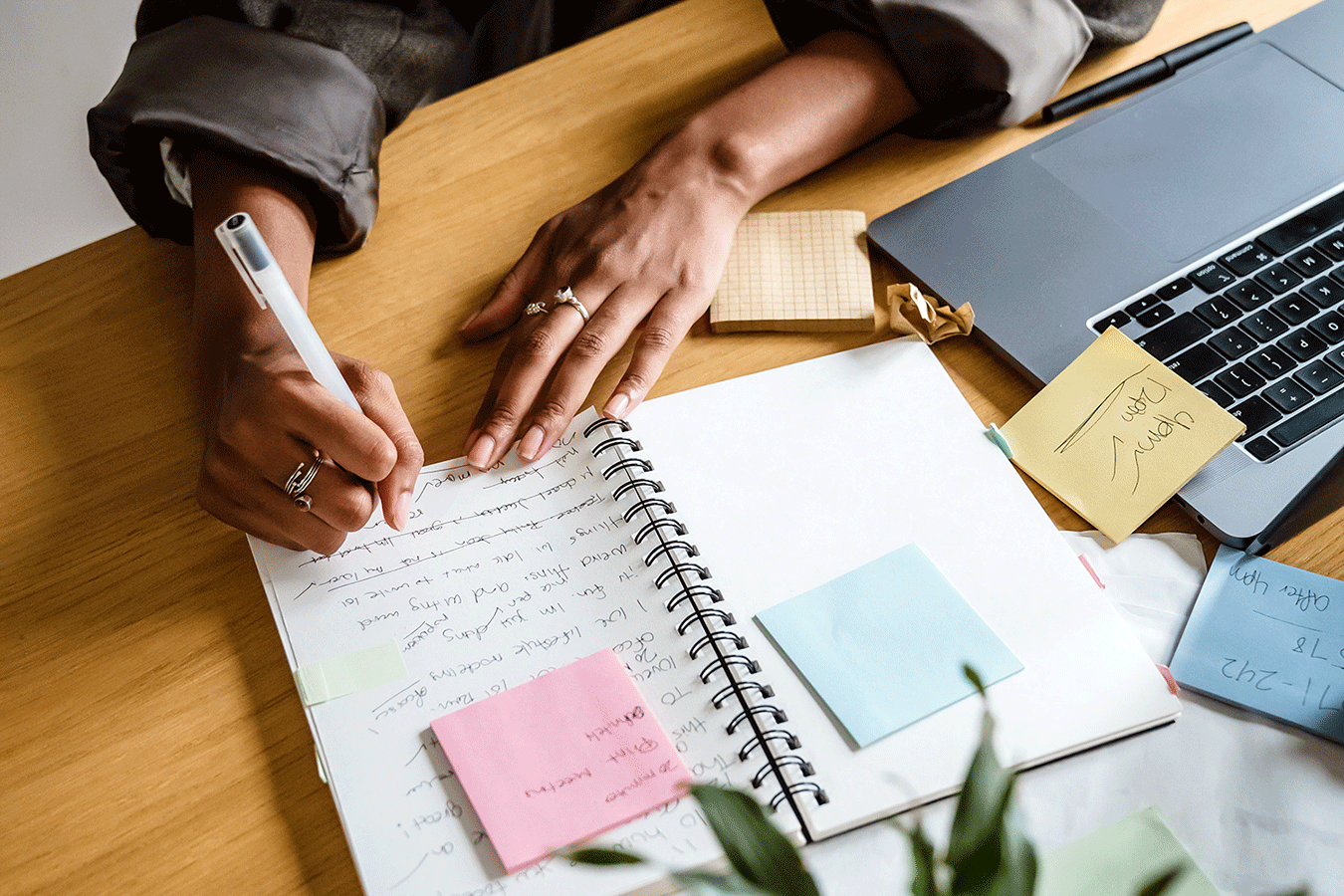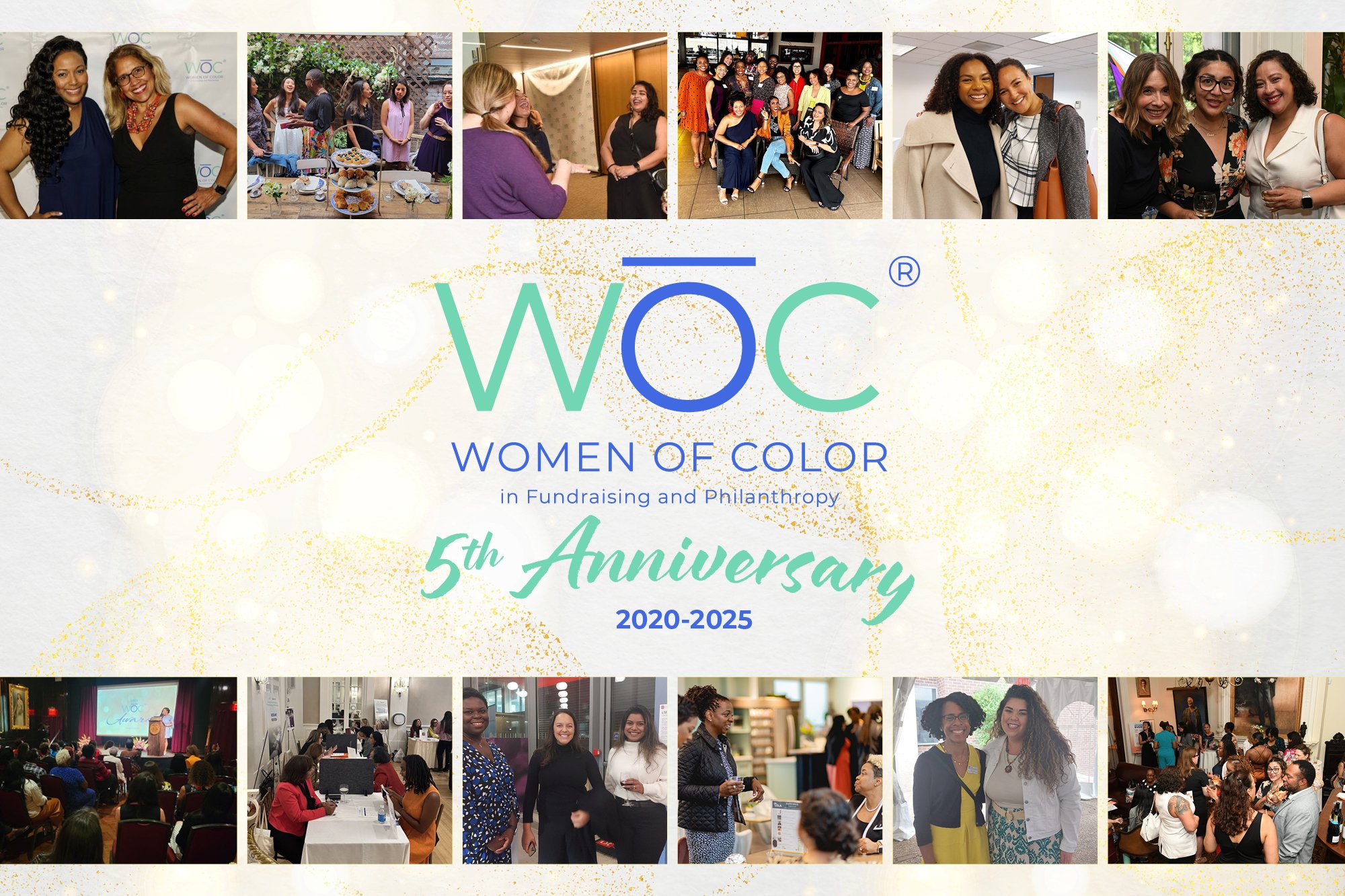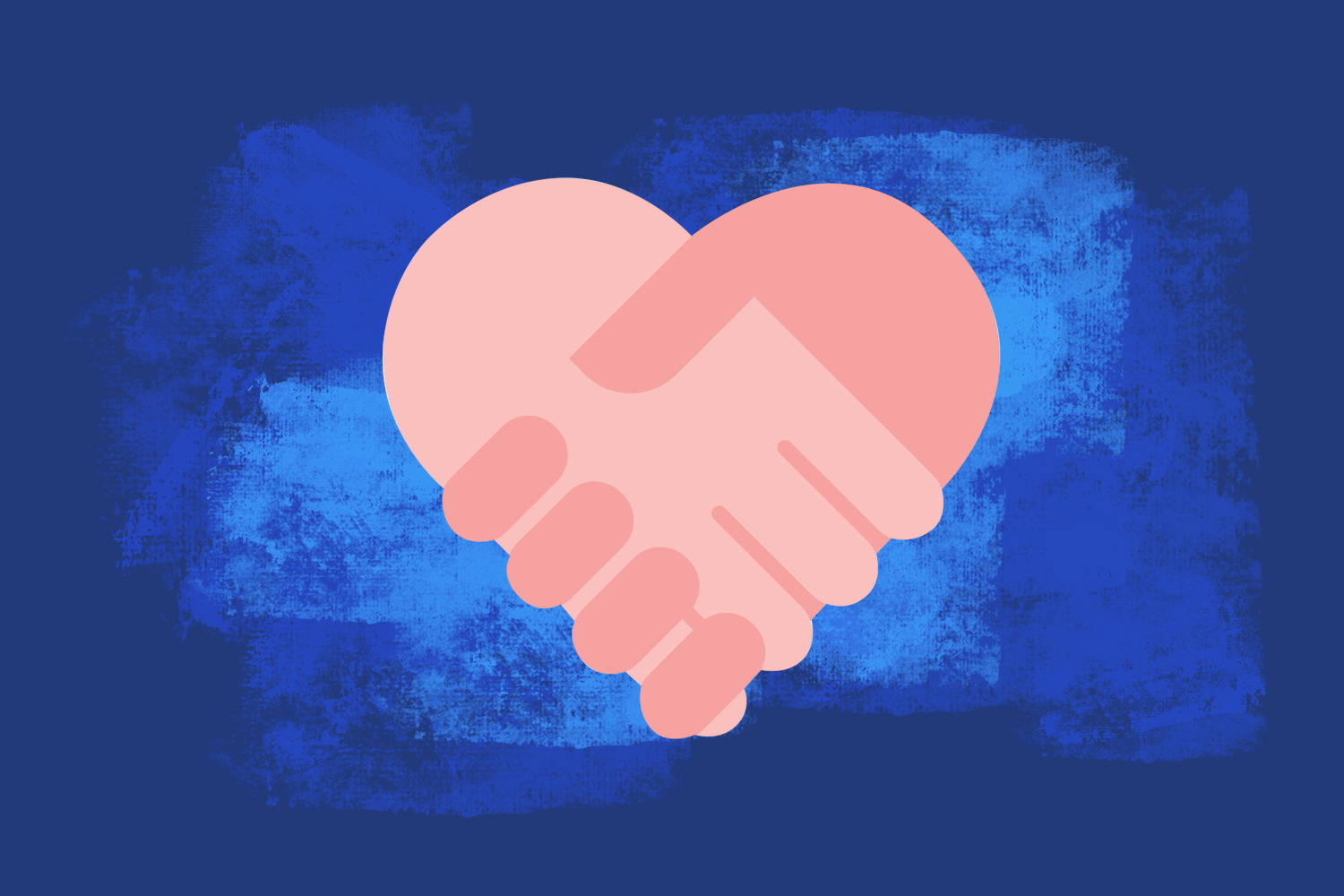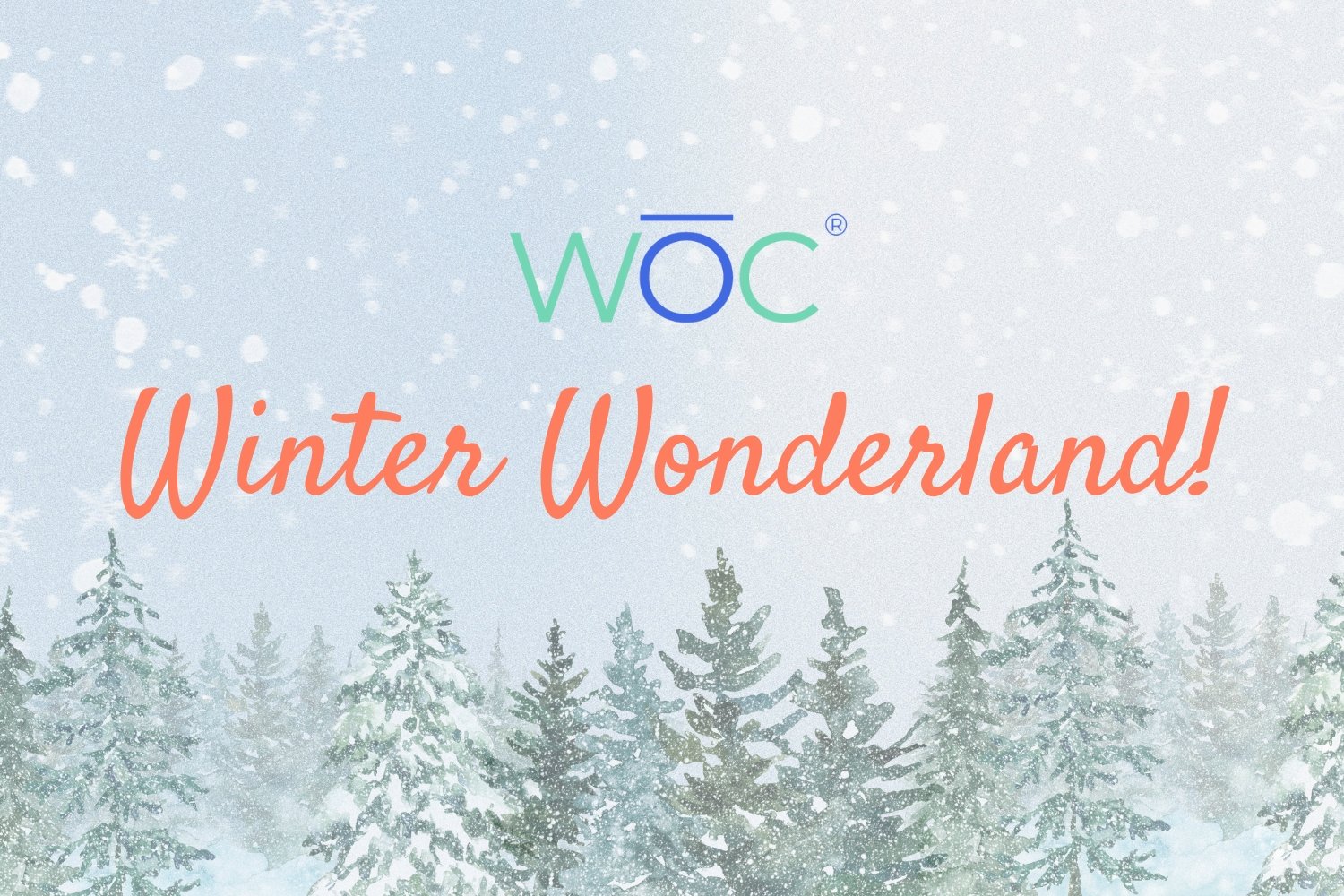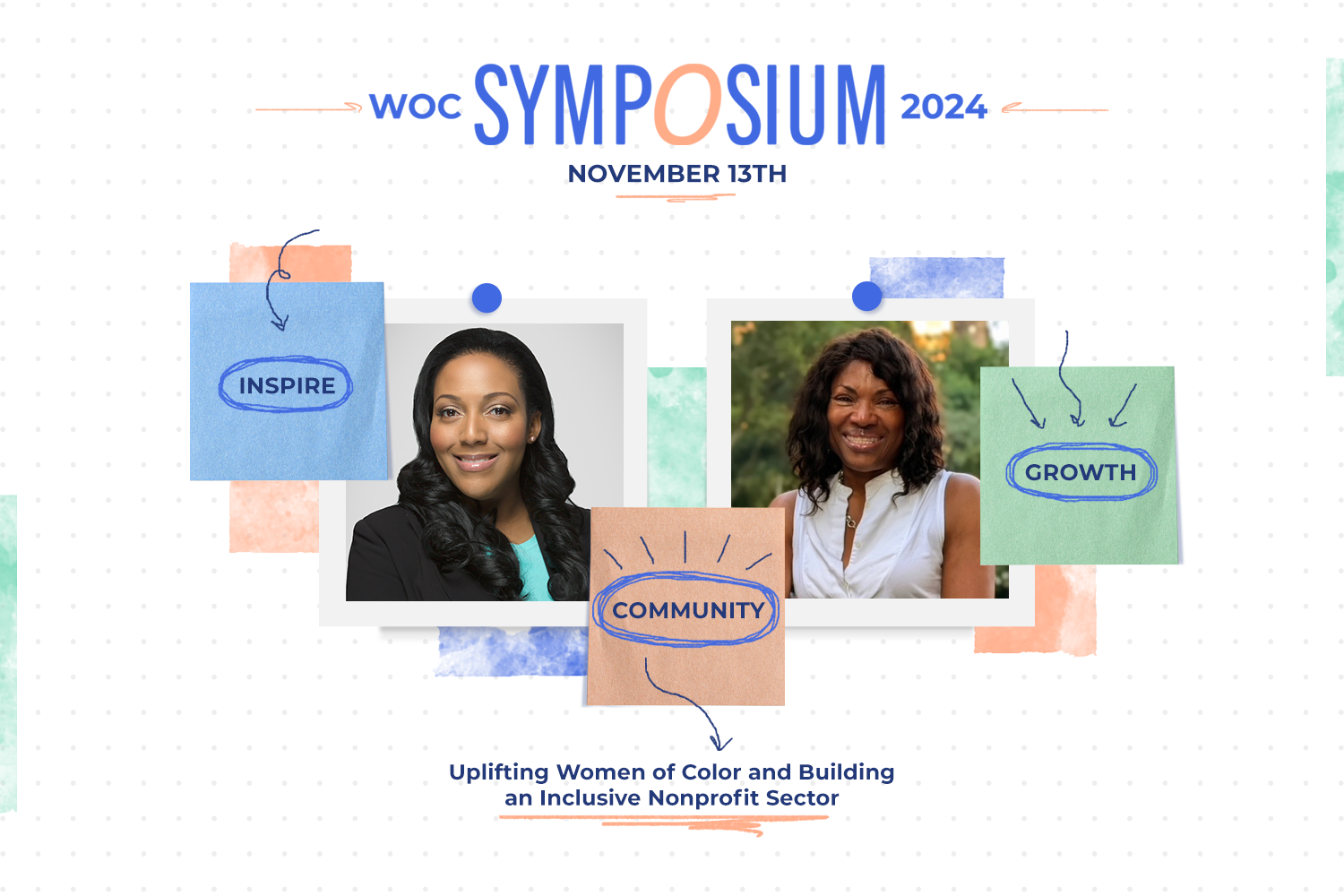Celebrating Native American Heritage Month 2023 with Kelly K. Hallman, PhD
We’re celebrating Native American Heritage Month and we’re honored to speak with Dr. Kelly K. Hallman, Founder & Executive Director, Indigenous Justice Circle.
In Her Own Words
Why is a community like WOC important for Native American nonprofit professionals?
Kelly K. Hallman, PhD, Founder & Executive Director, Indigenous Justice Circle
A community like WOC helps organizations like the one I founded, Indigenous Justice Circle (IJC), to cultivate and nurture our strengths and connect to key leaders in the philanthropy sector.
WOC is full of women working to restore their communities to health, vitality and sustainability. The engagement, learning and sharing of resources to better advocate for, and drive resources to, our respective communities is a key strength of WOC.
They are helping us at IJC to tell our story more effectively. Native Americans have worked for centuries to defend our lands and ways of life, but formal organized philanthropy largely ignored, or sometimes actively hindered, that work in the past.
A 2019 study from Native Americans in Philanthropy (NAP) and Candid, “Investing in Native Communities,” found that, on average, just 0.4% of total annual funding by large U.S. foundations was given to Native American communities and causes from 2002 to 2016. This is beginning to change, but we increasingly need allyship and a community of like-minded partners to increase the visibility of our people and communities and to educate funders.
How has Native American culture impacted the way that you see your work in fundraising and philanthropy?
Land dispossession and cultural assimilation programs affected Native peoples’ social, economic, and political ways of life, and particularly diminished Indigenous women’s rights and access to resources. Pre-contact, Native American traditions of giving were rooted in cultural beliefs of mutual responsibility, the paramount importance of maintaining a peaceful balance, and spiritual interconnectedness of all things.
In Native American culture, giving is not only understood to be reciprocal, but is also an honor. Giving and receiving are cyclical and this concept—the circle of giving—reflects our beliefs about interconnectedness. It serves to strengthen existing relationships and helps us develop new ones. We must give to responsibly receive and that is what leads to a fulfilling life.
Much of the work we are doing at Indigenous Justice Circle is educating the philanthropic sector about how restoring, renewing and revitalizing our Indigenous matrilineal cultural practices can help restore health and well-being to Native American women, men and children.
Who is a Native American women fundraiser or philanthropy professional who inspires you?
Hestor Dillon, 4 Rivers Consulting, is a fellow Cherokee Nation citizen from the same town as many of my relatives in Oklahoma. Hestor has worked in major philanthropic organizations to enlighten and guide them on Native American priority issues, as well as on relationship building with Native communities.
Another is Carly Bad Heart Bull (Dakota/Muscogee Creek) with Native Ways Federation, who works to raise awareness of Native American non-profit activities and educate the non-Native public that when Native Americans do better, the broader society does better as well.
Both women understand that one of the primary purposes of Native American’s engaging with philanthropy is to help us retain our cultural traditions, languages, and religious beliefs because, even today, there is a genuine threat of losing and forgetting parts of Native heritage as American assimilation programs continue to affect Indigenous communities.
How have you connected with other women of similar Native American backgrounds through WOC?
In the last decade major events such as the Standing Rock demonstrations of 2016, books such as Edgar Villanueva’s Decolonizing Wealth of 2018, and the racial reckonings of 2020 after George Floyd’s murder, have made philanthropy more aware of the challenges faced and strengths held by Native Americans and other non-majority racial groups.
Today, there is a new era of philanthropic engagement with Native American communities. Indigenous Justice Circle is new to WOC but already we have connected with women from similar backgrounds who are championing similar causes.
Our work is based on connection, relationship, and respect and together with sister women like those in WOC, we can help philanthropy work to promote dialog, heal divisions and be a tool for building relationships and understanding.
Connect
WOC Literary Society
Our quarterly book club.




